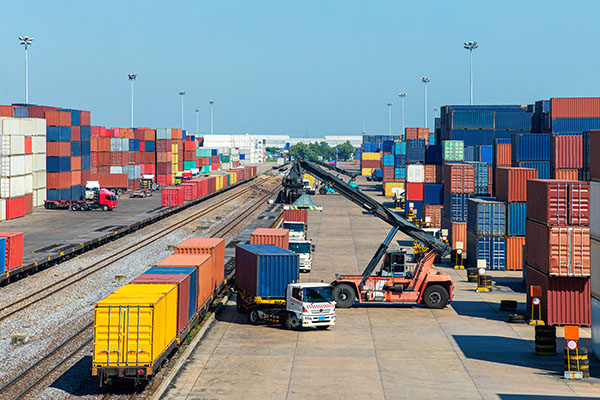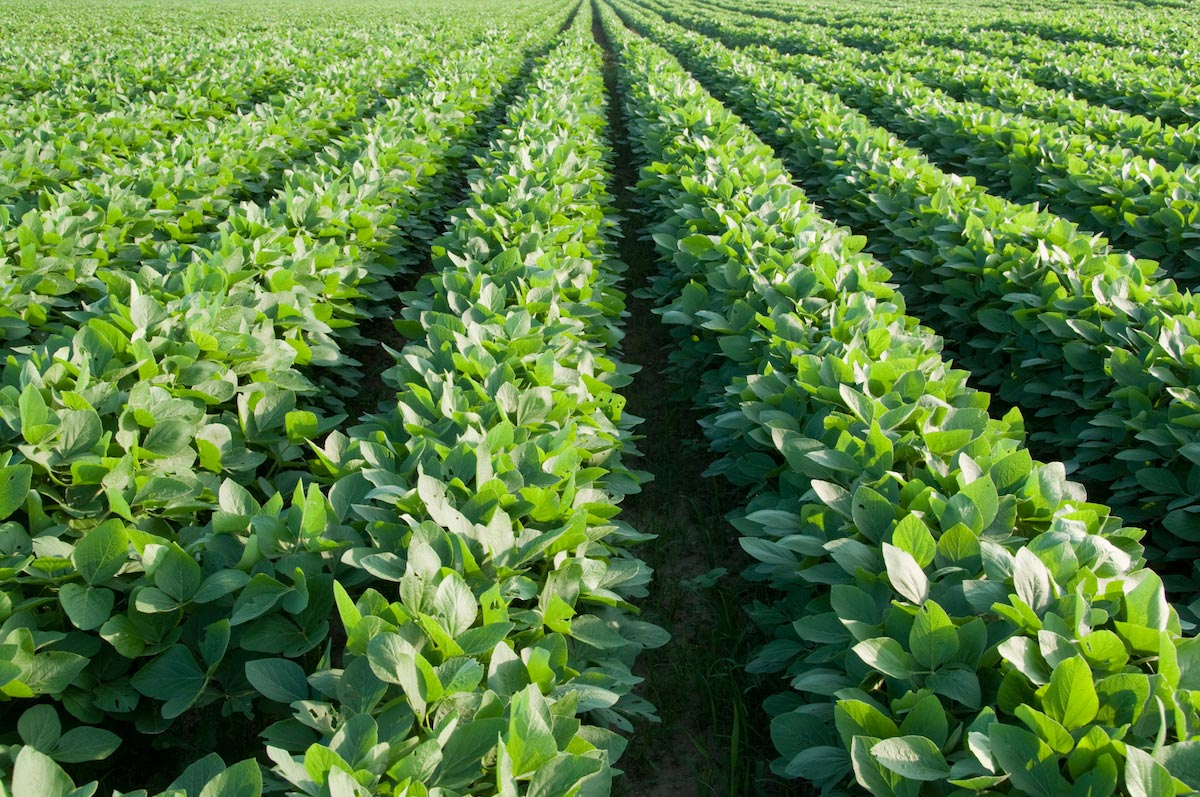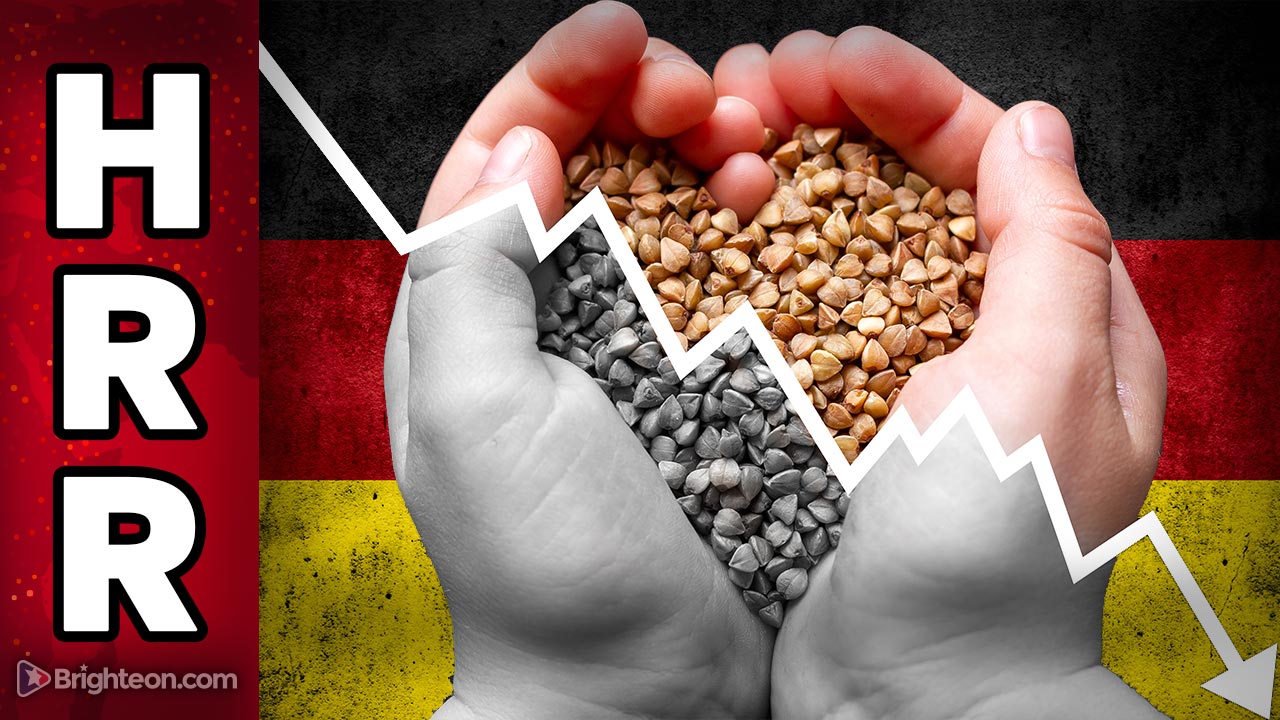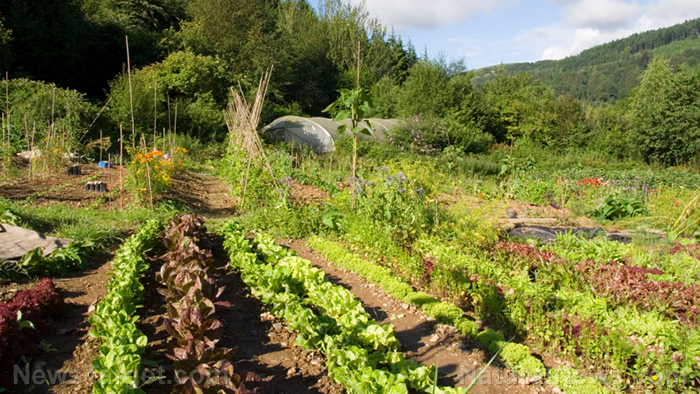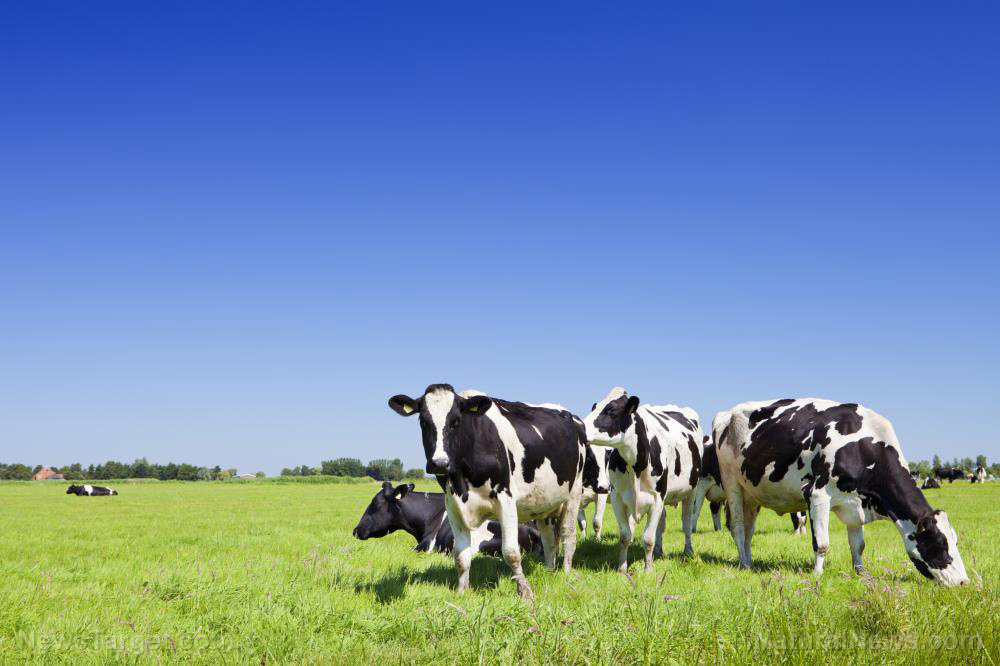David DuByne looks into what awaits the world in 2023 – Brighteon.TV
12/13/2022 / By Kevin Hughes

David DuByne, the creator of the “Mini Ice Age Conversations” podcast, shared what awaits the world in 2023 during the Dec. 9 edition of his Brighteon.TV program “Adapt 2030.”
He noted that people have already seen the world slowly unravel with the disconnection of supply chains, the liquidation of finance and industry, the constriction of crops and the food prices rising. Now, the world is getting into the next phase of plans for the restructuring of society and moving into digital currencies.
“We are all in this together – like, the change of the world that we are seeing right now is affecting everyone,” DuByne said. “So all of us combined with solutions can find our way out of this or survive through it in a manner which would continue to allow us to have abundant lifestyles and live in luxury instead of going back to serfdom and sleeping with the pigs in the back of the barn on some straw.”
According to the podcast creator, civil unrest will strike first in places where food production will cease. He pointed to the U.S. as an example, with the country’s wheat production already down by 20 percent. Other places across the globe are also seeing similar reductions in food production, he said, adding that smaller countries that rely heavily on imports are going to be the first places to rattle.
DuByne said civil unrest and the effect on the local economy, and evaluation of the fiat in a particular nation – as well as investments tied to the fiat – are all based on the so-called “elephant in the room.”
The “Adapat 2030” host also reminded his viewers to get more prepared along with their families and their communities, and start conversations with other people about working together.
Temperature drops due to disasters contribute to food shortages
DuByne pointed out that the January 2022 eruption of the Hunga Tonga-Hunga Ha’apai volcano in the Polynesian nation of Tonga played a major role in the extreme weather events worldwide. It also contributed to changes in terms of food supply, as the disruptions it caused also affected the planting of crops. (Related: Tonga volcano eruption produced mysterious, puzzling concentric ripples in the atmosphere.)
The Tonga eruption is the largest eruption in 200 years, with people looking at the fallout of ash and sulfur dioxide that was different from land-based eruptions. But with the water vapor and particulates in the atmosphere starting to thin and temperatures returning back to normal, crop production, planting and harvesting dates will also return to their normal cycle.
However, DuByne expressed concerns over the latest release of data about the readings of water vapor, changes of pressure in the atmosphere and Kelvin temperature drop.
The “Adapt 2030” host stated that a drop in temperature – whether in degrees Kelvin, degrees Celsius or degrees Fahrenheit –is going to affect crop production in both the northern and southern hemispheres. He noted that the temperature of two degrees Celsius is what caused widespread famines in 1816 across Europe and this happened after the Mount Tambora eruption in 1815.
“And now we’re starting to see the exact same temperature profiles and drops in temperature that we see in this Tonga eruption a year after coming into 2023. So, if the parallels are so stark, they are actually frightening once you start to look into the data,” DuByne said.
Watch the Dec. 9 episode of “Adapt 2030” below. “Adapt 2030” with David DuByne airs every Friday at 2-3 p.m. on Brighteon.TV.
More related stories:
FOOD CRISIS: David DuByne tells Mike Adams hunger looms as crops fail due to “grand solar minimum.”
La Niña looms as states grapple with extreme weather conditions.
Sources include:
Submit a correction >>
Tagged Under:
Adapt 2030, agriculture, Brighteon.tv, chaos, climate, Collapse, crop collapse, David Dubyne, disaster, economic collapse, famine, food collapse, food scarcity, food supply, Hunga Tonga-Hunga Ha'apai, hunger, natural disaster, panic, rationing, starvation, volcanic eruption, weather terrorism
This article may contain statements that reflect the opinion of the author
RECENT NEWS & ARTICLES
COPYRIGHT © 2017 FOOD SUPPLY NEWS








